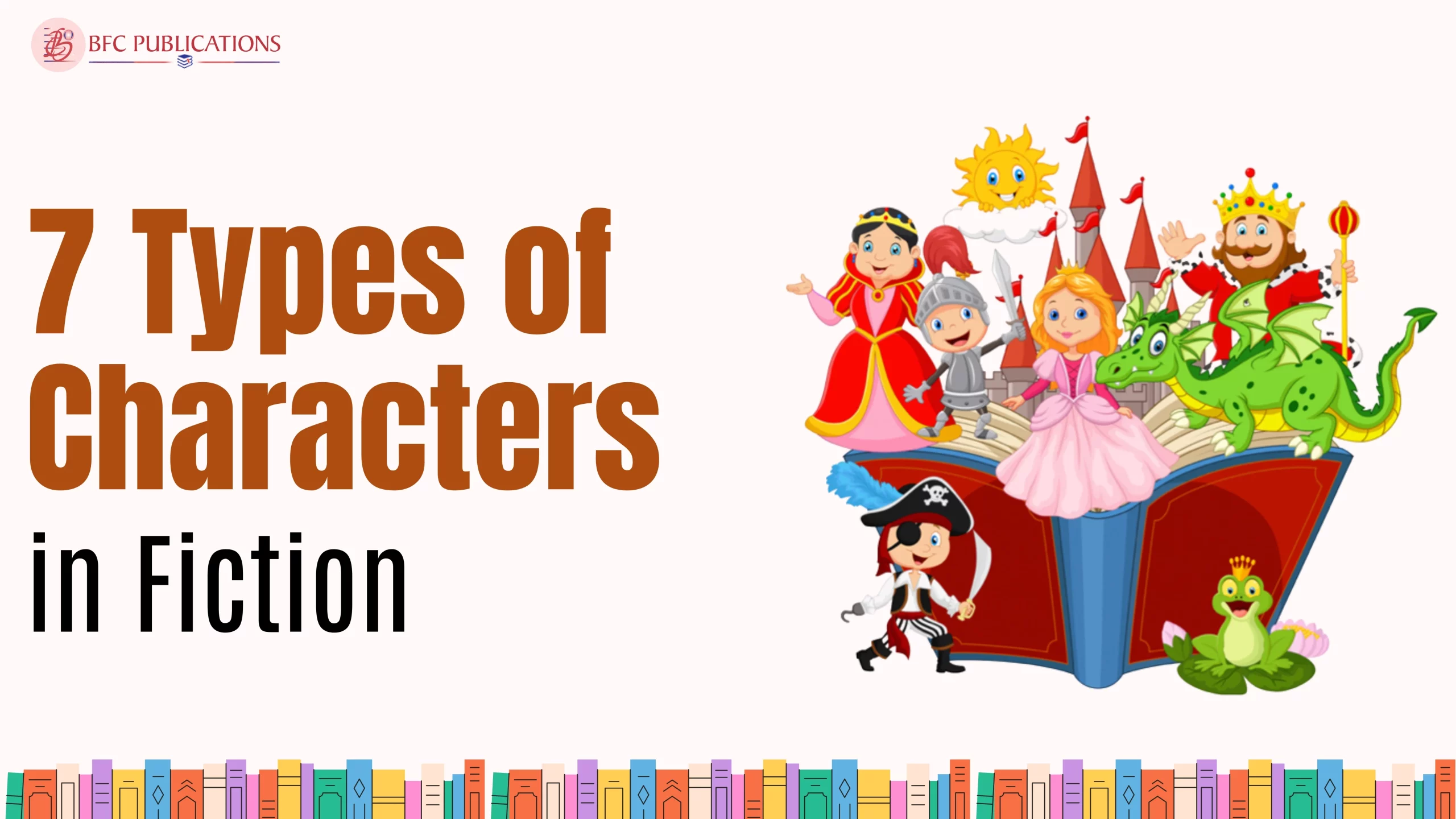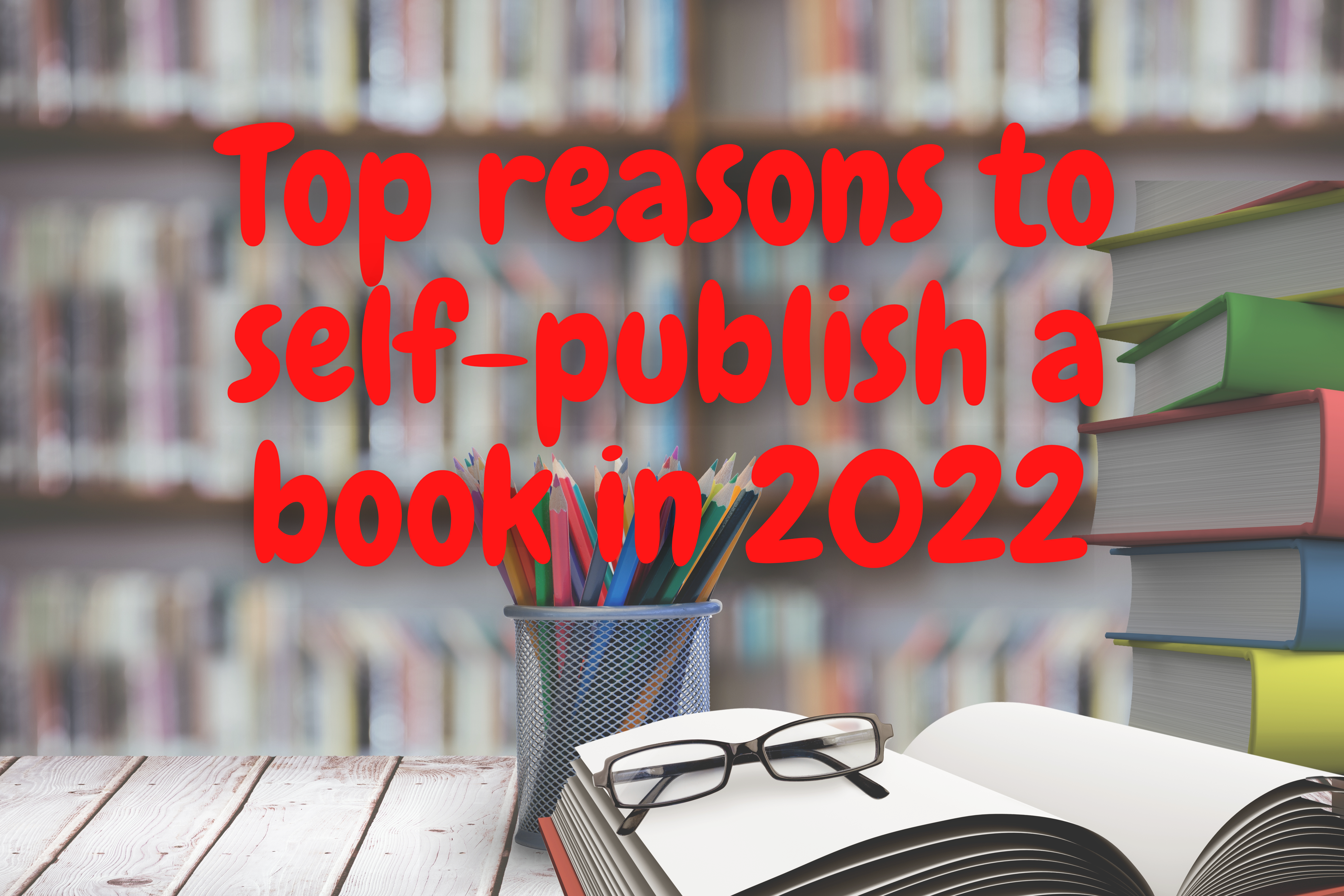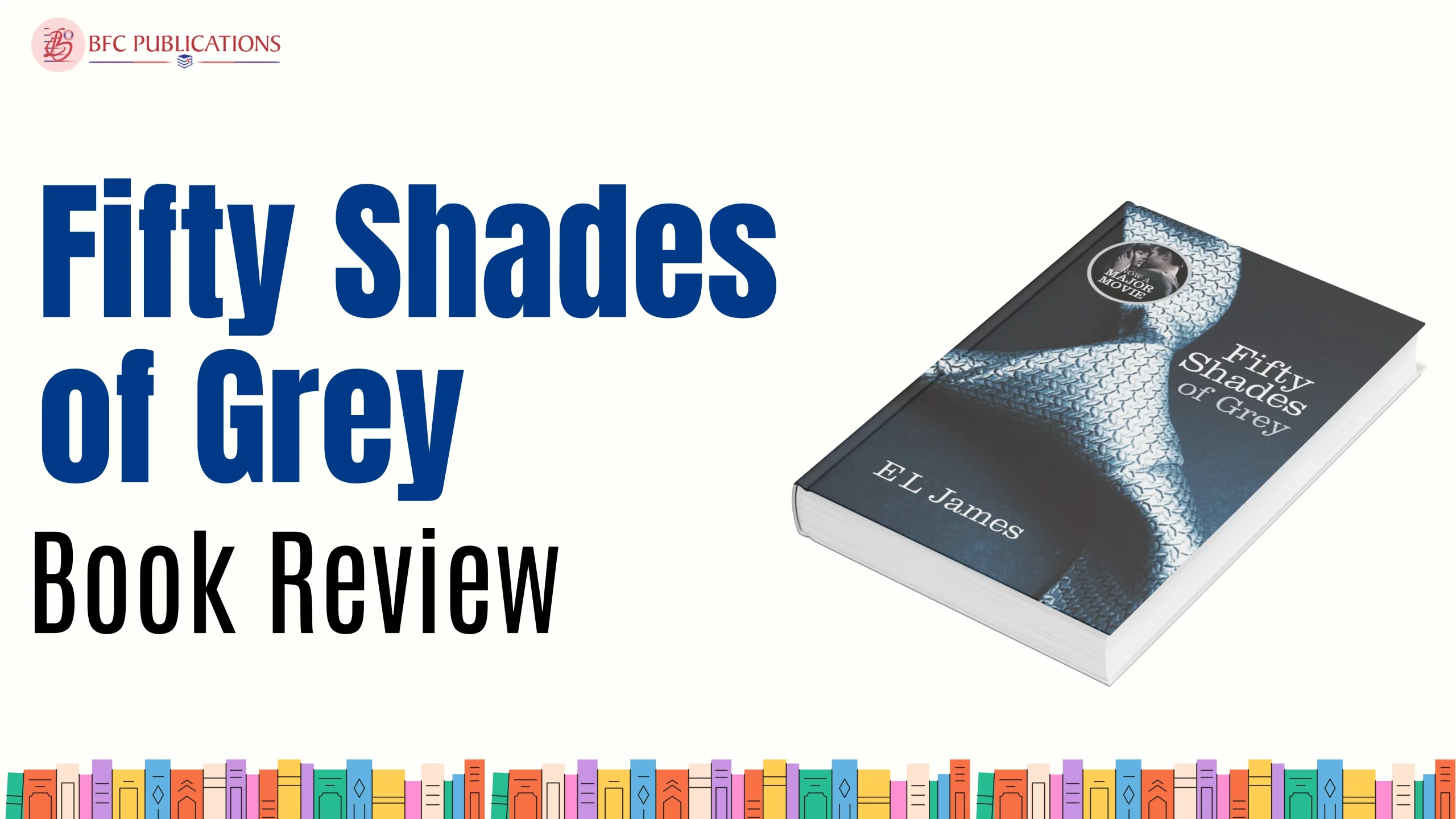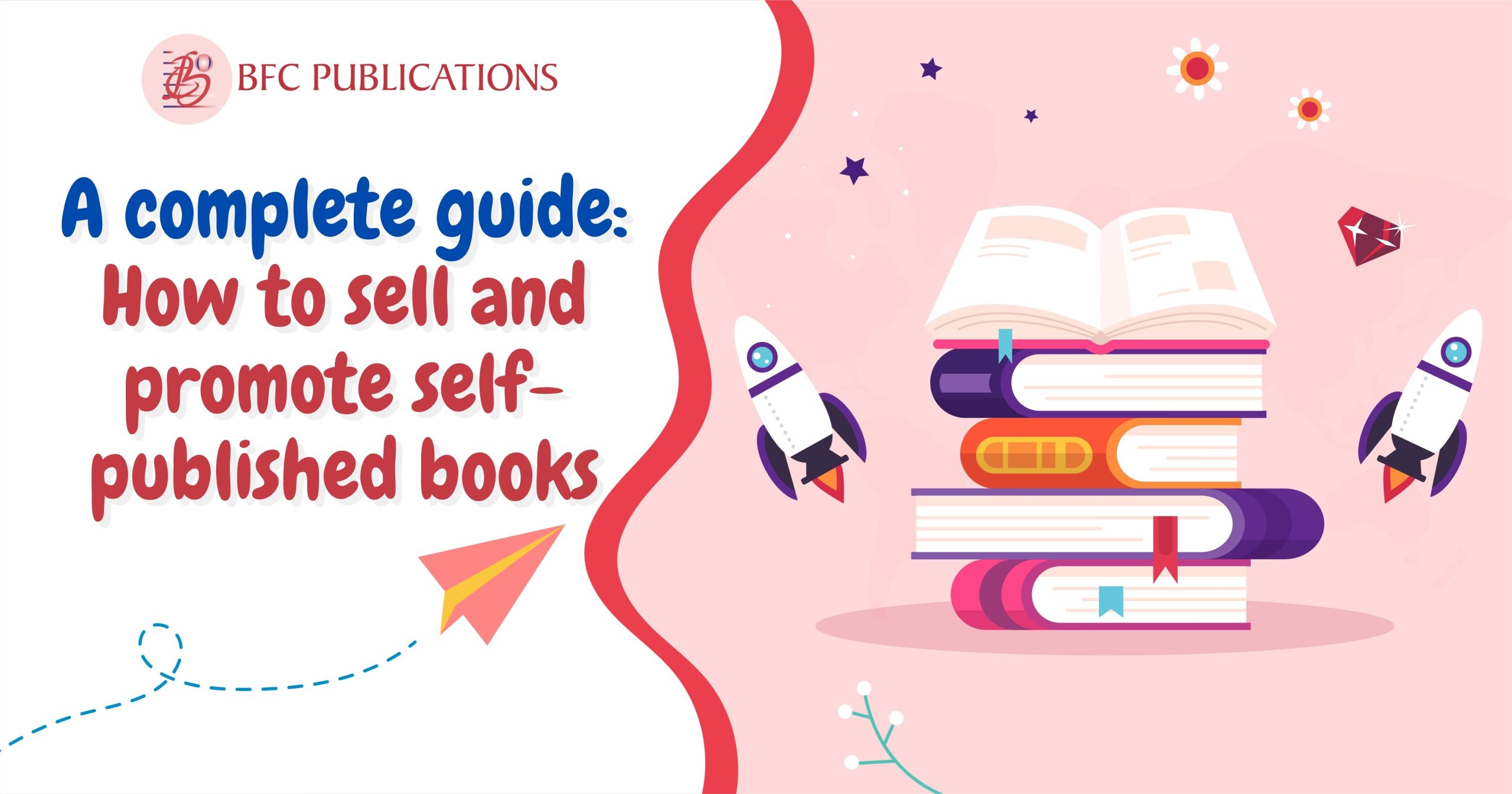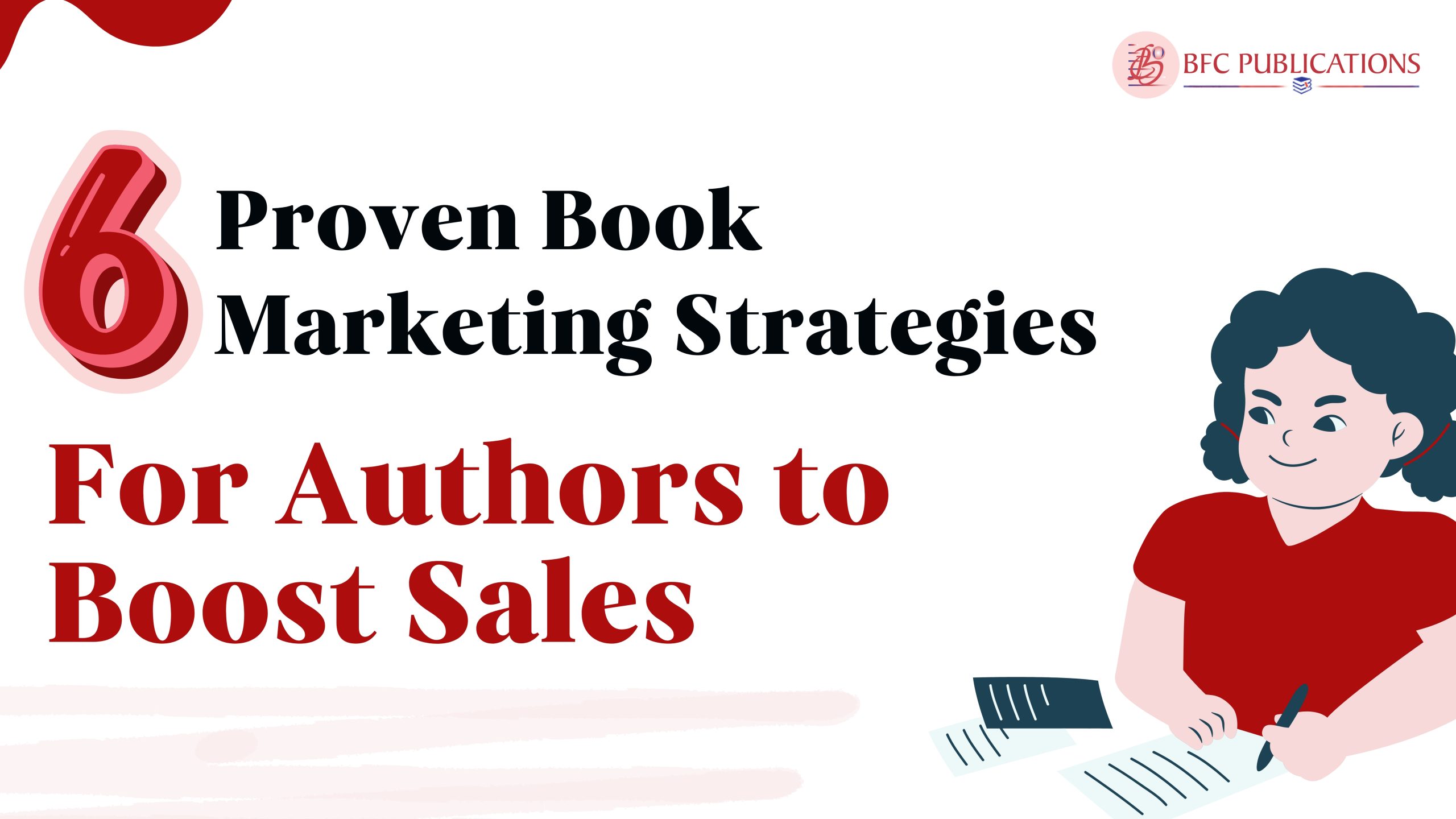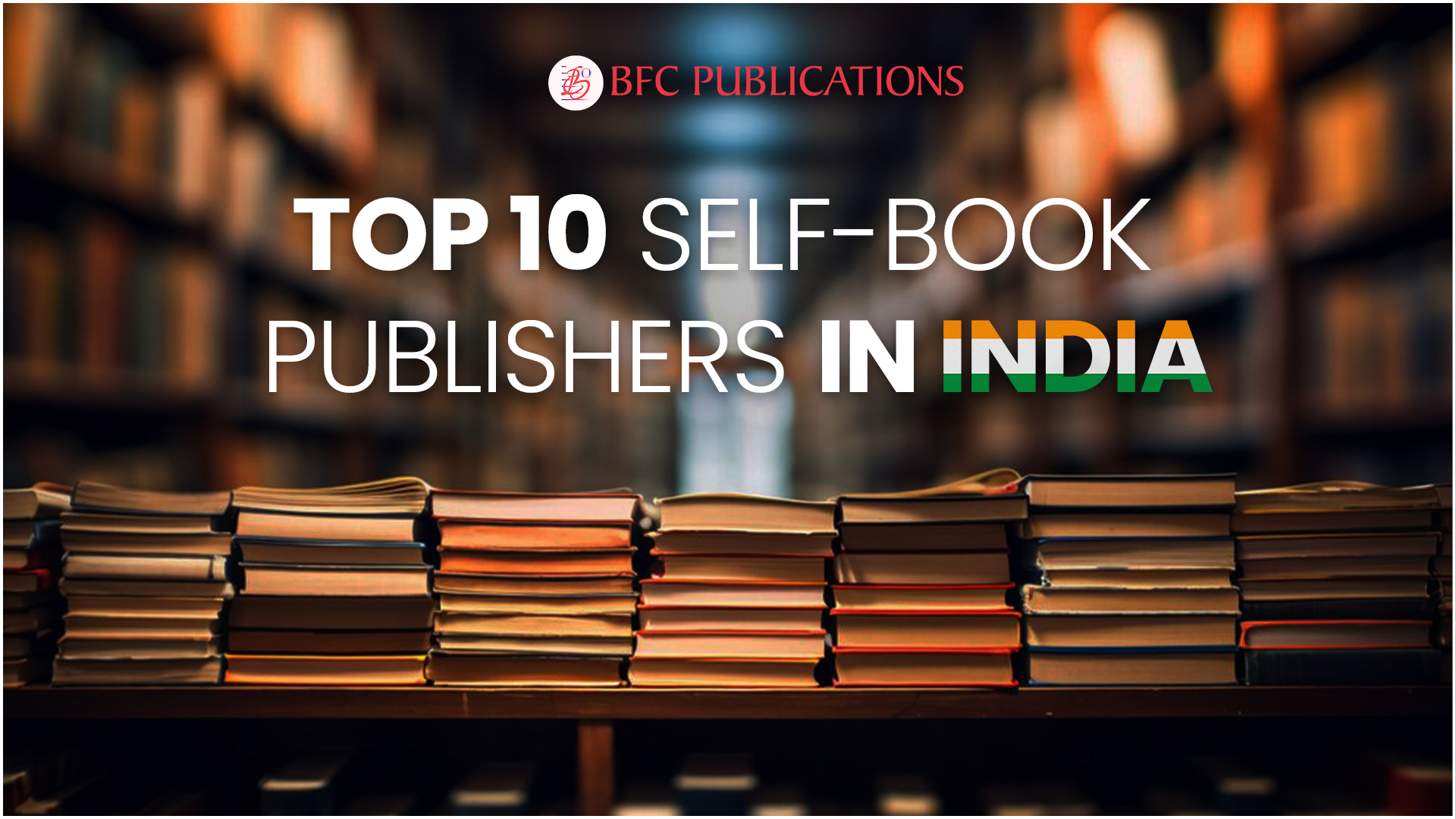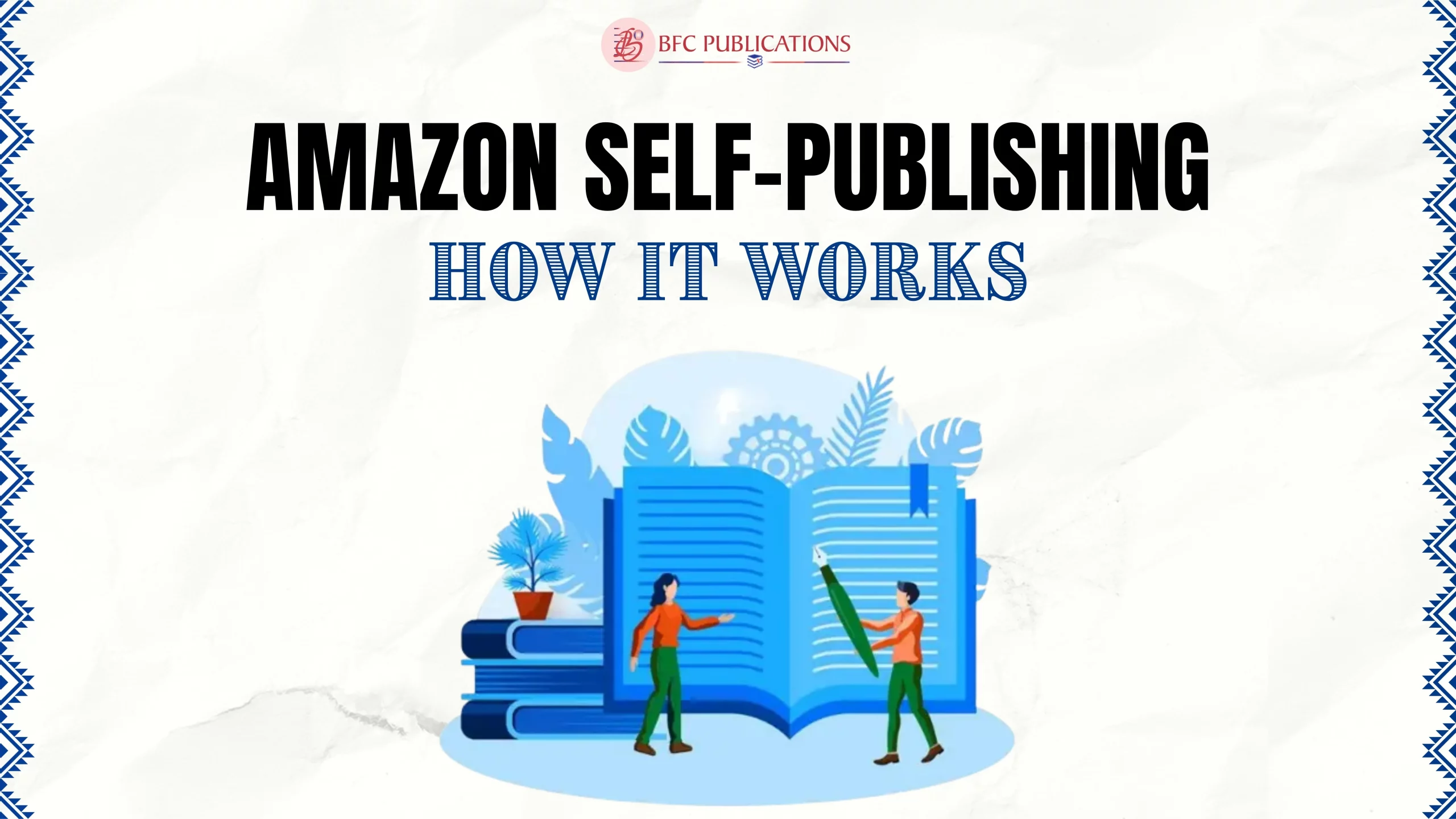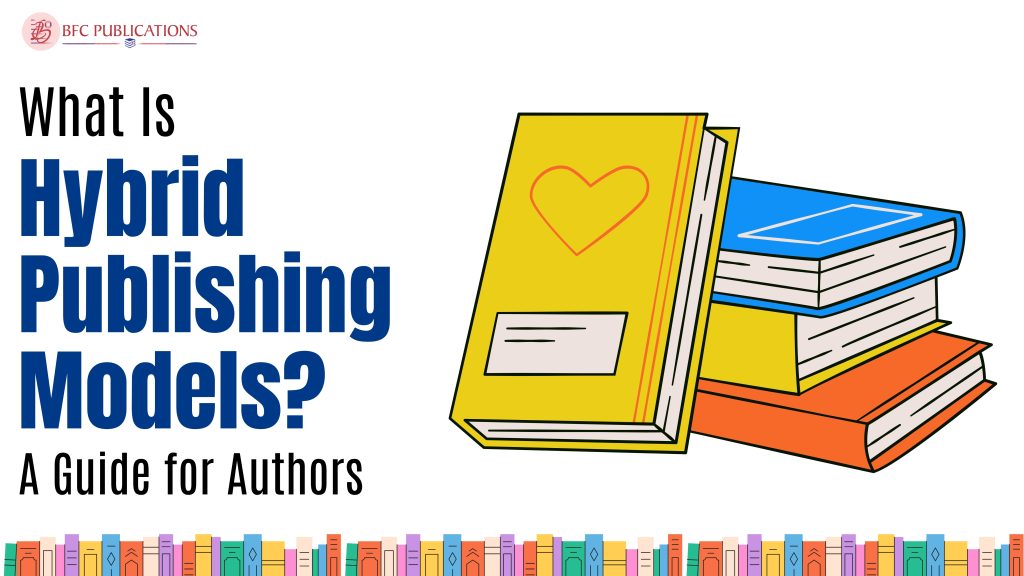
Hybrid Publishing
Publishing a book used to be a choice between two extremes—traditional publishing with its gatekeepers or self-publishing, where you do everything yourself. But now, there’s a middle path that’s getting a lot of attention, which is hybrid publishing.
For many modern authors—especially first-time or indie writers—the idea of balancing creative control with professional support sounds like the best of both worlds. That’s where Hybrid Publishing Models come in.
In this blog, we’ll break down what hybrid publishing really means, how it differs from traditional and self-publishing, and why it might be the ideal route for today’s ambitious authors
Understanding the Basics of Hybrid Publishing
With the flexible publishing model known as hybrid publishing, writers split the costs of book publication but still maintain greater control and frequently higher royalties than they would with traditional publishing. It combines the autonomy of self-publishing with the framework of conventional publishing.
In general, things work like this:
- The Hybrid Publishing Company charges the author a fee for services like formatting, distribution, marketing, cover design, and editing.
- The author receives a professionally printed book in exchange, but they are not losing all of their rights or the majority of their royalties.
- Hybrid publishers exercise selection, in contrast to vanity publishing. They offer true editing and design excellence and evaluate your manuscript before approving it.
This model is especially for the following authors:
-
- Who wish to publish more quickly than with conventional timetables may find this model particularly tempting.
- Who choose not to do everything by themselves (as in complete self-publishing).
- Who still wish for their novel to be competitive in professional marketplaces, such as literary contests, internet platforms, and bookstores.
What Is the Hybrid Publishing Model
Hybrid publishing for authors has grown in popularity recently, especially for first-time authors or business owners who want to use their book as a marketing tool. It provides the necessary direction and materials without the extended hold-ups associated with traditional methods. But it’s crucial to do your research and pick the correct companion. Not every hybrid publishing company follows the same standards for quality or ethics. Reputable hybrid publishers will always be open and honest about prices, agreements, and author rights.
The method by which books are distributed to readers is evolving due to hybrid publishing models. They’re giving writers greater autonomy, higher profits, and the resources they need to differentiate their books in a competitive market.
How Hybrid Publishing Differs from Traditional and Self-Publishing
The options available to authors who are attempting to decide how to publish their work might be daunting. Should you submit a proposal to a traditional publisher? Should you self-publish on your own? Or is there some middle ground?
This is where hybrid publishing, a synthesis of the two worlds, comes into play. Let’s examine the actual differences between these three models in practical terms.
-
Who’s in Control?
-
- From your book’s cover to its price, the publisher makes most of the decisions in traditional publishing. They are aware of what sells, but as the author, you have less influence.
- In self-publishing, everything is up to you: the editor, the cover, and the launch plan. It is perfect if you enjoy being active, although it can be draining.
-
- In hybrid book publishing you don’t work under a team; you work with one. Your voice continues at the core of the project, and you are involved with all decisions, from the subject matter to the marketing strategy.
-
Money Talk: Costs vs. Earnings
-
- Traditional publishers usually don’t charge authors—they invest in your book. But in return, they take most of the profits, and royalties are often pretty small.
-
- Self-publishing flips that. You invest your own money upfront but keep all your earnings. The catch? You need to know what you’re doing (or learn fast).
-
- With hybrid publishing, you retain the majority of the revenues while paying for the expert services you require, such as editing, design, and marketing. Many writers believe it to be a wise investment, particularly if they wish to publish excellent work without giving up control.
- Getting Your Book Out There
-
- Traditional publishing still has that shiny label—bookstores, media features, maybe even awards. But it can take forever to land a deal.
-
- Self-publishing is fast and direct, but harder to build credibility—unless you market well or already have an audience.
-
- Hybrid Publishing Companies help you get the quality and reach of a traditionally published book without waiting years. Your book looks professional and is available in all major stores, both online and offline.
Types of Hybrid Publishing Models
Not every hybrid publisher adheres to the same framework. Actually, there are several varieties of hybrid publishing models, each providing a special combination of support, cost, and control. To assist you in figuring out what could work best for your objectives, below is a breakdown:
- The Model Based on Services
This concept is similar to hiring a freelancer in that you pay for certain tasks, such as marketing, cover design, or editing. No predetermined publication bundle exists. You choose a particular publishing path and decide what you need. For writers who understand exactly what they intend but require expert assistance, it is adaptable and effective.
- Package-Based Model
This is the most common approach many Hybrid Publishing Companies offer. They provide bundled publishing packages—editing, formatting, ISBN, distribution, maybe even marketing. You pay a fixed price and get full support. It’s convenient and ideal for authors who want to focus on writing and let professionals handle the rest.
- Partnership or Royalty-Split Model
Some hybrid book publishing firms function more like partners; they lower your upfront costs and invest a portion of your book in return for an increased royalty share. This strategy is successful if you’re prepared to cooperate with others and your novel has significant potential for sale. Every model has benefits and drawbacks of its own. Raising inquiries, reading the excellent print, and choosing a publisher who shares your publishing aims and innovative ideas is therefore crucial.
Key Features of Hybrid Publishing
The structure of the publishing process as a whole is more important than who covers the bill. The following are some notable characteristics that characterize hybrid publishing:
- Ownership of the Author
The fact that you typically retain the copyright and creative rights to your work is one of the most alluring aspects of hybrid publishing. You’re simply employing professionals to help make your book a reality, so you’re not “signing away your book.”
- Professional Production Quality
From polished editing to bookstore-ready cover designs, Hybrid Publishing Companies aim to match or even exceed the production standards of traditional publishers. The end result? A book you’re proud to put your name on.
- Higher Royalties
Since you’re covering the cost of publishing (either fully or partially), you usually earn a much bigger share of the sales—often 50% to 80%. It’s a major win for authors who plan to actively market their book.
- Faster Turnaround
Forget the two-year wait of traditional publishing. The majority of hybrid novels are published in three to six months, which is usually a shorter schedule. For writers with momentum who wish to capitalize on the trend while their work is still original, it’s a fantastic choice.
- Author Involvement
With hybrid publishing, your input matters. You’re consulted on decisions like cover options, title, layout, and even pricing strategy. That level of collaboration isn’t always possible in traditional models.
How to Choose the Right Hybrid Publisher
When choosing a publisher, you want someone that understands your vision, values your voice, and is authentically interested in the success of your book. Here are a few things to consider if you’re exploring hybrid publishing:
- Look Beyond the Buzzwords
Just because a company calls itself a hybrid publishing company doesn’t mean it follows ethical or professional practices. Research their history. Do they have a track record? Are there real books and real authors behind their name?
- Ask What’s Included
Certain hybrid book publishing packages could appear reasonably priced—until you discover that they exclude marketing and editing. You will receive an exhaustive list of services and prices from publishers who are transparent.
- Examine the Testimonials of the Authors
Speaking with authors who have collaborated with a publication is one of the most effective methods to find out whether or not they are legitimate. Check for testimonials and reviews, or even try contacting writers on social media to find out about their expertise.
- Go over the entire contract, line by line.
Don’t rush because it’s easy to get caught up in the anticipation of publication. Carefully read the contract. A good hybrid publishing agreement for authors should protect your rights, clearly state royalty splits, and not lock you in for life.
- Have faith in your instincts.
Finally, publishing your book is a huge deal because it’s your voice and your dream. Step back if something seems strange or too wonderful to be true. A good hybrid publisher will not come across as a pushy seller but rather as a creative collaborator.
Future of Hybrid Publishing
The publishing world is changing—fast. And guess what? Hybrid publishing models are no longer the “alternative” option; they’re becoming a preferred path for many modern writers.
Here’s why the future of hybrid publishing looks bright:
- More Author-Centric Approaches
Authors have more say. They don’t just write—they market, brand, and promote their books. Hybrid publishing supports that mindset.
- Professional Tools Made Accessible
Professional quality is within reach. You don’t need a traditional publisher to get a professionally edited, beautifully designed book. Many hybrid publishing companies offer top-tier services with more author input.
- Changing the Perspectives of Authors
Nowadays authors are brand builders, creators of content, and corporate executives in addition to being writers. That sort of approach is backed by hybrid publishing, which combines business expertise with artistic independence.
- Growing Acceptance of Readers
Content is more significant to readers than labels. The vast majority of readers care primarily if your book is good, beneficial, and worth their time, rather than who published it.
Do Hybrid Publishers offer ISBNs and distribution?
Yes, most reputable hybrid publishers will provide you with an ISBN and take care of distribution—especially on online platforms like Amazon, Flipkart, and IngramSpark. Some also offer global reach or bookstore placement support. Always ask whether the ISBN is in your name and how wide the distribution truly is.
After Hybrid Publishing, is it still possible to obtain a literary agent?
It is feasible, particularly if the performance of your hybrid-published book is favorable. Marketability is a trait that agents ask for,however favorable feedback, sales, or media attention might lead to opportunities. Nonetheless, unpublished manuscripts are chosen by a large number of agents. Therefore, if finding a publisher is your primary goal, take into account reaching them before publishing.
How do I protect my rights with a Hybrid Publisher?
The first rule is to read the contract carefully. You should always retain copyright of your work. The publisher may ask for rights to produce and distribute your book, but those should be limited and time-bound. Avoid deals where they claim lifetime rights or use vague terms.
Conclusion
The publishing sector is no longer a black-and-white industry. There’s much more to it than “traditional vs. self-publishing.” A hybrid publishing models that offers authors the finest of both worlds—creative control and professional support—has been rendered possible by hybrid publishing agreements.
For someone who is authoring a nonfiction book, an initial writer, or someone seeking to properly relaunch their work, hybrid publishing provides an exciting and motivating alternative. For authors who want to get their work out effectively, hybrid publishing is now an honest, strategic choice rather than an afterthought. Eventually, your book ought to have a publication environment that reflects the idea you have and appreciates your voice. And the means to get there might be via hybrid publishing.
